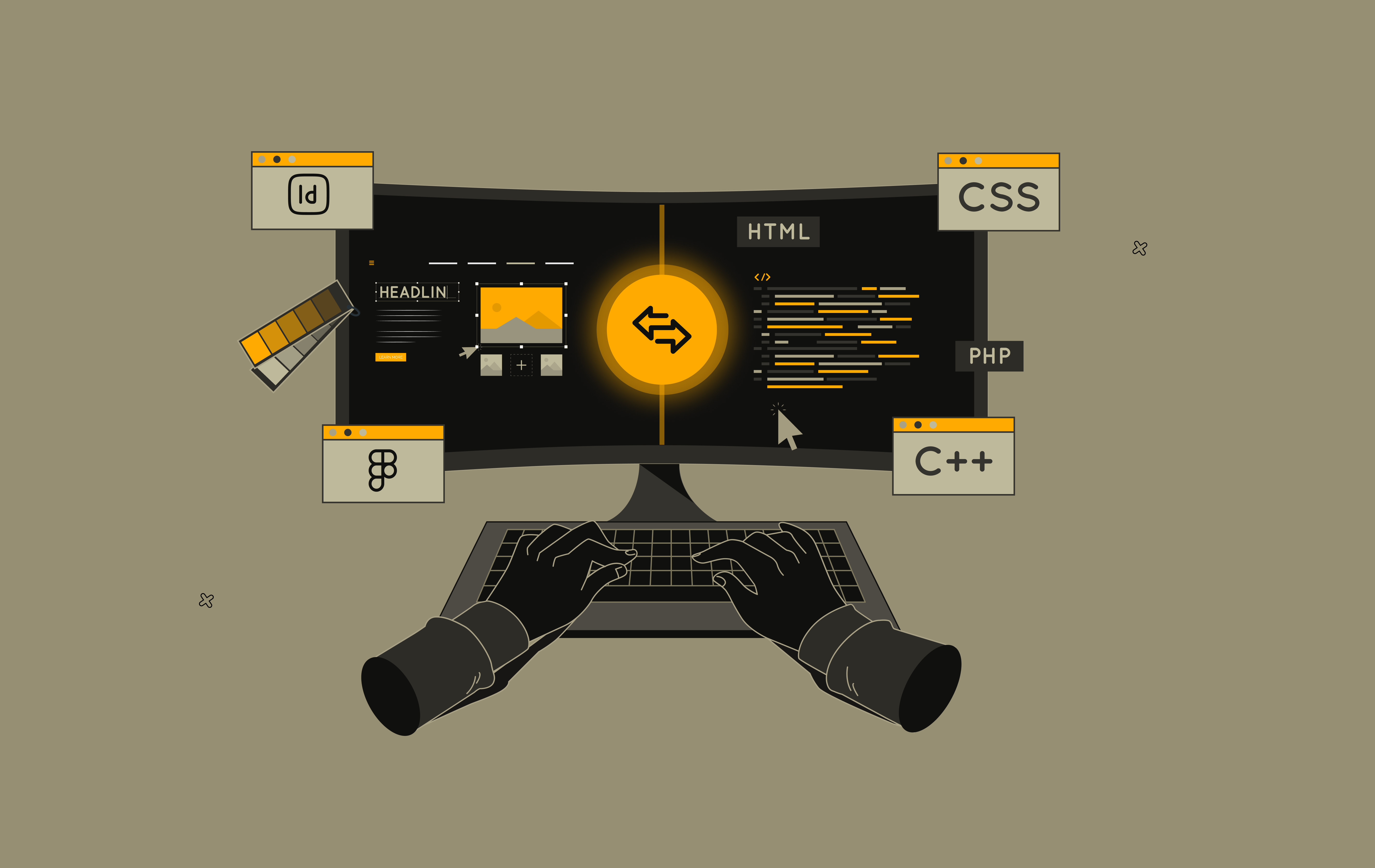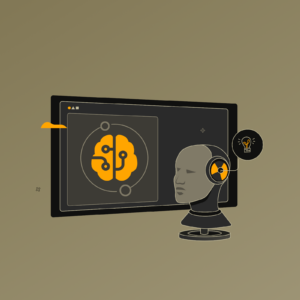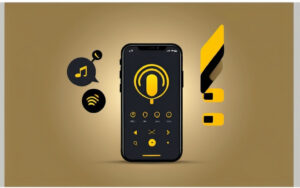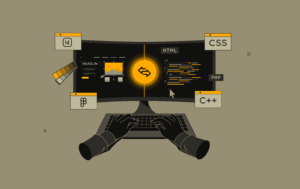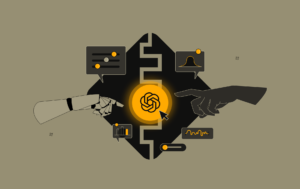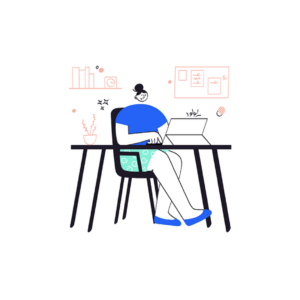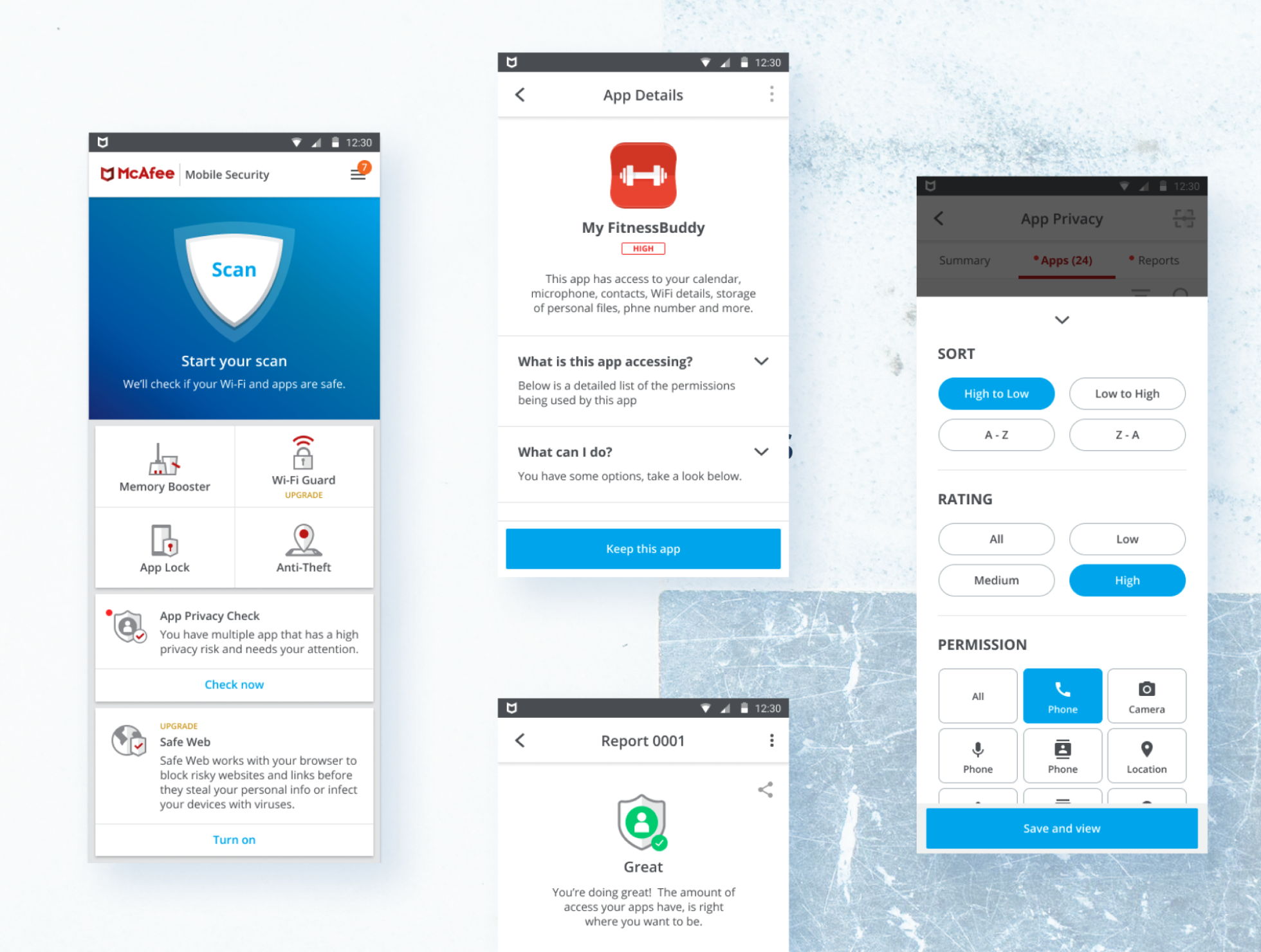A few days ago, one of my friends, a software developer for a large international corporation, approached me and said, “I want to switch my career from developer to UX designer because I don’t find developing fun anymore. I want to study design and make a career in it.” But, “Do UX designers need to know how to code?” she questioned. And I decided to answer this topic from the standpoint of a designer.
This blog is for everyone interested in shifting careers to UX design, as well as designers who believe they should learn coding to make their jobs more secure and trustworthy.
So, the question of whether designers should code is a personal one and it’s a choice. To understand this, let’s first define UX designers and what they do.
Who exactly are UX designers, and what do they do?
A user experience (UX) designer aims to create products or services that are usable, engaging, and accessible. Understanding users’ goals, desires, and pain points is essential in UX design. This role requires knowledge of user interface design, information architecture, and interaction design to effectively address user needs. Wireframes and prototypes are created to visualize concepts and test feasibility.
Coding is not a core requirement for UX designers, though it can be advantageous in job searches and certain tasks. Learning to code is optional and may provide a competitive edge in some areas of UX work.
UX principles apply to both digital and physical products. The process involves collaboration between UX/UI designers, developers, programmers, and business teams. Typically, the business team identifies problems, designers create concepts and prototypes, and programmers bring the product to life. This collaboration bridges the gap between abstract ideas and tangible products.
While coding skills can benefit UX designers, they are not mandatory. Coding is a complex skill that demands significant time and effort to master. Front-end developers may find it easier to transition into UX/UI roles than vice versa. The designs created in tools like Figma, Sketch, or Adobe XD only come to life when implemented in the final interface.
Because UX designers are inundated with knowledge on how to become UX designers, UX newbies frequently wonder if they need to learn how to code. Will I become outdated if I don’t know how to code? What if being a designer is insufficient?
Now that design is the foundation of business, those concerns should not deter anybody interested in becoming a UX designer.
So first, explore your motives for wanting to code.
- If rejection motivates you, refocus your efforts. Know that many opportunities in the design industry do not require you to code.
- If you’re driven by curiosity and excitement, jump in.
As rightly said by Aarron Walter, the author of the best-selling book “Designing for Emotion” – “An architect would understand the properties of concrete, so why wouldn’t a designer understand the properties of code?”
Speaking of curiosity and excitement, let’s look at how learning to code might help you become a better designer.
How might learning to code help you become a better designer?
- Learning to code will enrich your design work
As a designer, mastering new skills will significantly enrich your work. You naturally approach your work from a design perspective. Say, through the lens of a developer?
- Learning to code will make you a better collaborator
Great designers are masters of empathy—and not just for the people who are or will eventually use the products they design. If you can empathize with your colleagues, you’re in a much better position to collaborate, which can impact more than just the quality of the end product but also your career growth. Learning key front-end skills will enable you to both understand and effectively communicate the technical requirements of the design.
- Learning to code will set you apart in the job market
Designers who can code may have a more secure footing in the job market. Frontend skills are a bonus; they don’t take away from your design expertise—they add another dimension.
How to get started
The best way to get started with growing your knowledge of front-end development is to do some general learning on the topic. In addition, you can take a web development or front-end development course to learn more about it if you are very curious about coding.
What I believe is that designers should understand the fundamentals of coding. Don’t get me wrong: I’m not talking about creating code; I’m talking about knowing the fundamentals of coding. To be a great digital designer, you don’t have to be able to write code, but you must grasp the foundations of how digital objects are generated and maintained. Because we are not engineers, we do not need to be concerned with how these linkages between data and devices occur. As designers, we strive to provide consumers with accurate results in a timely and engaging manner.
Ultimately, coding isn’t for everyone. Designers who don’t code need to understand how to make things easier for their developer teammates. To be able to think like a designer/developer without touching a single line of code, designers should be empathetic towards developers, involve them in the design stage, listen to their suggestions, and be their champions.
Conclusion
The reality of a designer working on a product is much different from the reality of a developer who has rules, limitations, and limits when it comes to designing a certain product. As a result, I feel that for a developer to communicate effectively with a designer, the designer should understand the fundamentals of coding and the developer should understand the fundamentals of design. As a result, both the developer and the designer may think strategically to bring the created product to its best.
